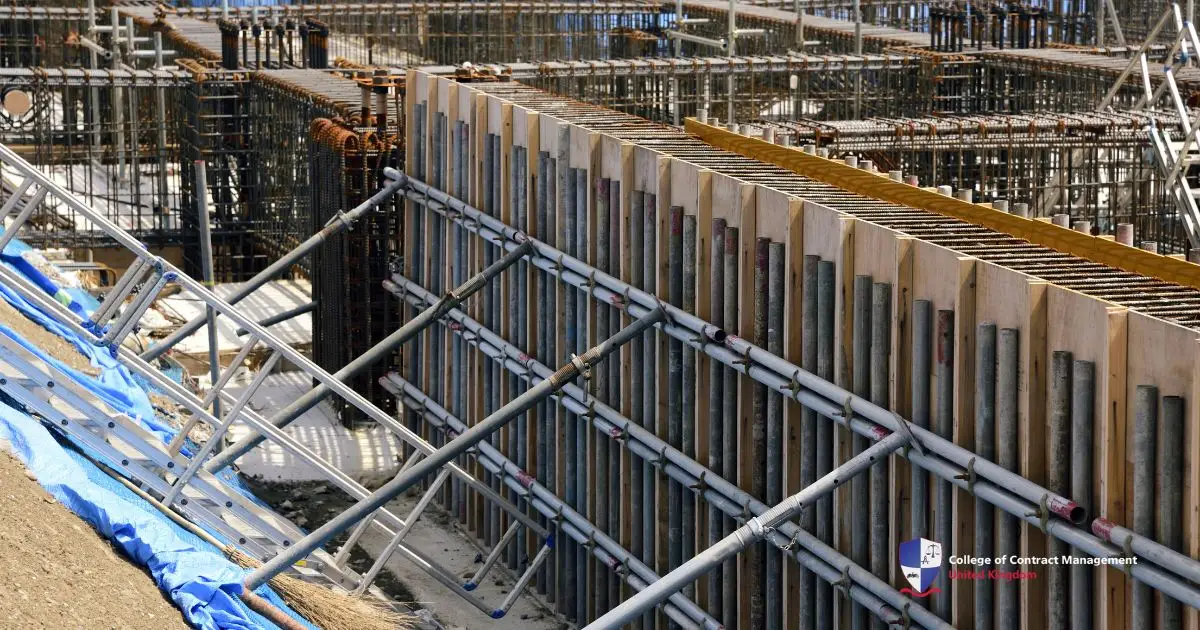What is shuttering?
Shuttering or formwork is a process of giving support and stability to the concrete. This is so that the concrete becomes solid. Shuttering materials are from wood and steel. Furthermore, the right shuttering and material can keep buildings standing for a long time.
Why is shuttering done?
This process is because it is the core of keeping structures as steady as they can be. Without this method, buildings will collapse without extra support. It carries the weight, especially for non-traditionally shaped buildings.
How is shuttering done?
Construction workers make moulds with wood and steel and pour concrete into the moulds. They wait for it to solidify and when it is set, they can remove the mould they made. While wood and steel are common materials, there are others as well. This all depends on the types of structures being made. This is because each structure requires different types of materials for moulds.
Shuttering and Formwork, what's different?
The difference is that formwork is the term for the process while shuttering can mean the temporary moulds itself. Other than that, there is not much difference between the two. You may wonder why they can be both at the same time. To keep it simple, it is two sides of the same coin. And it even became more known to use both.
Where can this method be made use of?
In construction, making of foundations, walls, and support for buildings use this method. This is also used for columns and beams. Additionally, curved structures, buildings with unique formations, and retaining walls.
Different types of Shuttering
For every construction, there are different types used when it concerns what they need to do. Below are the types of shuttering.
1. Plywood Shuttering
Used commonly because the material is affordable, always available, and adaptable. Most moulds are from plywood. This material suits flat surfaces and favourable because of how easy it is to cut.
2. Steel Shuttering
This type is reputable for being dependable and durable. It is strong enough to support concrete loads. Additionally, it is used in large-scale construction projects.
3. Timber Shuttering
For timber, it requires workers with some skill as timbers are moulds that need fabricating. It is mostly for small construction projects and where cost is a big factor.
4. Plastic Shuttering
Compared to timber, plastic is easier to handle and lighter. It also lasts longer. The plastic is good for curved types of buildings, it even resists corrosion and is clean along with being reusable.
5. Aluminium Shuttering
It is lightweight and simple to use. This is common during construction for commercial and residential types.
6. Fabric Shuttering
In this type of formwork, it makes use of flexible and tension-resistant fabric materials to shape concrete. Of course, it is also to support a frame to hold the shape. With this method, it allows free-form shapes as well as unique formations.
7. Permanent Insulated Shuttering
A process that uses formwork with insulation, allows a special blend when prioritising energy. It becomes permanent after the building's structure is done.
Which type is the best to use?
This depends on which one you need for certain types of construction. Meanwhile, steel is for larger buildings and wood for smaller ones. Even for unique formations, this is where the fabric comes into play as well. It just really depends on what type of structure you are making.
What about potential risks?
Generally, there should be no risks unless the beginning process misses a step. And if you feel unsure, get ready to do more research and understand more. Furthermore, it would be best to talk to construction experts at least for a guide.
If without shuttering, what happens?
Without it, it may cause the concrete to crack and collapse on its weight. This also contributes to the fact it may not be shape properly. Additionally, this may even make things uneven. In short, the building or structure will be full of risks.
I want to learn more.
Construction has become a rising star for new courses and programmes in the UK. Also, many places are taking apprentices to workers. There is no shortage of people who need construction experts too. And in the present, they are very much a need to improve buildings.
With the College of Contract Management, construction is a quality learning. You can learn and understand. You may even become the next professional and help make sure that shuttering is safe. From the process to the product, buildings will be safer for all. Join the CCM and be the next expert.





